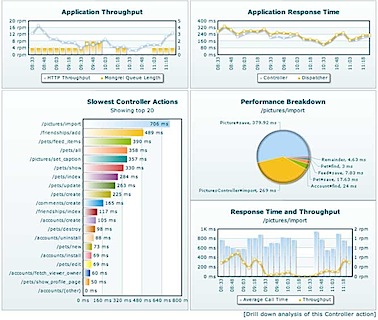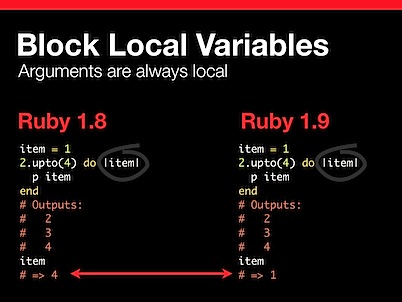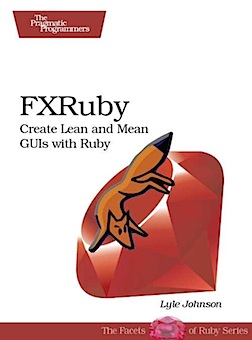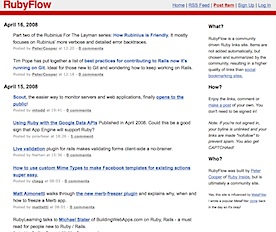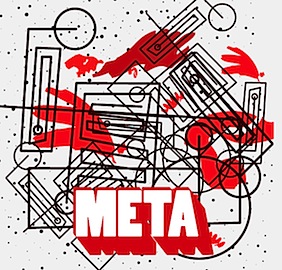
It’s a rare occurrence, but there’s some “meta” news to give out about Ruby Inside. Regular programming follows this break!
FeedBurner Feed Ads Be Gone!
Subscribers to the Ruby Inside feed will be familiar with the graphical ads after each post. They perform horribly (think click through rates of 0.1%). I’m glad that Ruby Inside’s audience is so savvy and I’m sick of annoying you with irrelevant nonsense. Those ads are now gone.
Ruby Inside Turns 2 – So I Need To Eat My Hat
In just three weeks, Ruby Inside will be two years old. Unfortunately, two years ago I said I’d “eat my hat” if Ruby hadn’t beaten Python in the TIOBE index by May 2008. Read More


